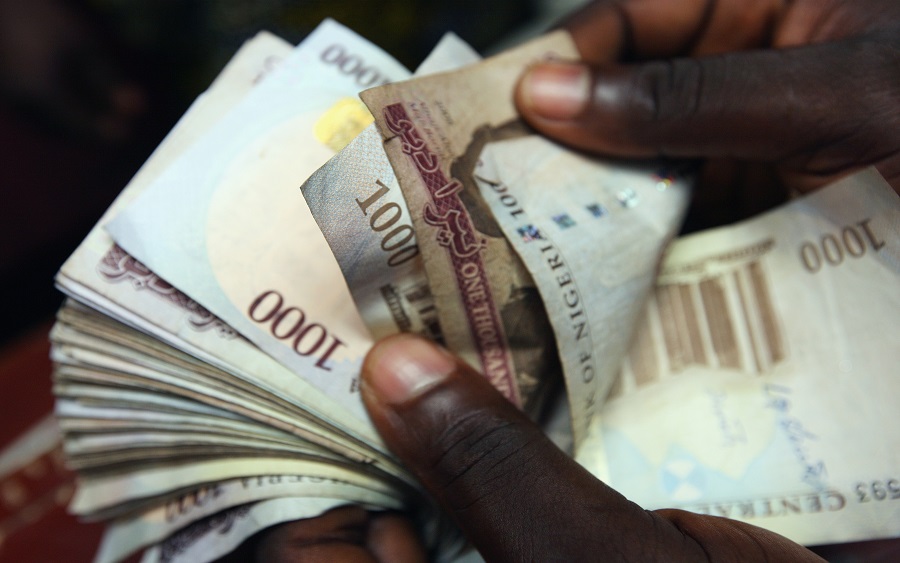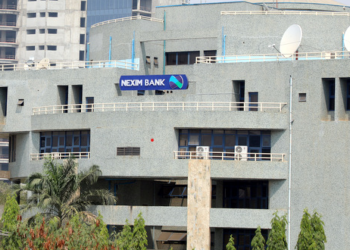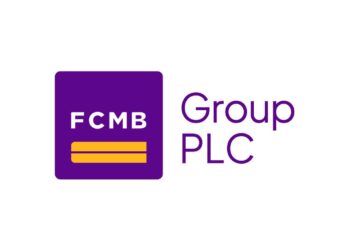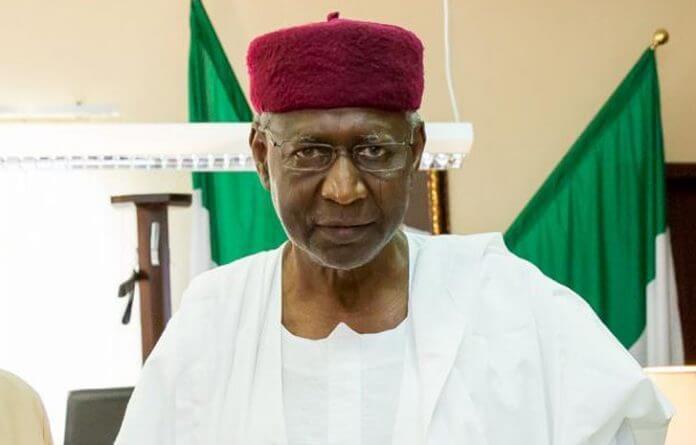Nigeria’s one-year currency forward posted its biggest drop in more than a decade on Monday, as the Central Bank of Nigeria adjusted the naira’s official rate and the country recorded its first death from the Coronavirus outbreak.
The Naira, which depends on oil earnings for about 90% of foreign exchange earnings, has depreciated against emerged markets currencies like the American dollar. The development followed the price war between Russia and Saudi Arabia over oil production cuts and poor demand from major markets like China, India.

The Central Bank of Nigeria quoted the naira at N360 to the dollar on Monday, weaker than its former pegged rate of N306, while the rate on the interbank market moved to N380 from N360 previously.
The governor of the apex bank, Godwin Emefiele, last week, stated that the sudden drop in the value of the naira was a price adjustment, not devaluation.
[READ MORE: Naira dips against US dollar at $1/385)
A forward market is an over-the-counter marketplace that sets the price of a financial instrument or asset for future delivery. Forward markets are used for trading a range of instruments, especially at the foreign exchange market.
The naira’s one-year forward price, which gives an indication of where the currency could trade in a year’s time, fell about 11.3% against the dollar.
The non-deliverable forwards market in London priced the naira at N515 to the dollar in a year’s time while naira futures contracts of the same tenor were quoted at N385.
Naira forwards nine months out also fell more than 11% while shorter maturities were down at least 5%.
The forward market differential between one-year naira forwards and futures widened to 130 Naira on Monday, up from 30 Naira in January, as investors raced to hedge risk.
The naira futures one-year contract offered by the central bank was revised upwards on Monday by 15 Naira.
[READ ALSO: CBN introduces uniform exchange rate for naira)
The impact of the oil price plunge over the weekend has spread across asset classes in Nigeria, causing investors to widen spreads on the bond market, sell stocks and weaken the naira currency.
Godwin Emefiele, who supports a strong currency, backed by President Muhammadu Buhari, has been burning through its reserve of $35.98 billion as at 20th March 2020, which is now down 16% from a year ago, to prop up the naira.
On the stock market, the main index retreated to 21,700 on Monday, a level last seen in July 2012, after the most liquid banking shares on the exchange fell 9%.
























Nothing concern common about about ur price adjustment or revaluation or devaluation,all we want is a strong value of naira,all ds grammar no be for us o.
Those hoarding foreign currencies from the time of the last regime are still fighting tooth and nail to kill the Naira…but God is there for us poor Nigerians.We always pray to him to see us laugh last.
We need Nigerian eith wealth to invest in others sectors of Nigeria that’s not linked to oil and gas than the economy can grow and changes could occur in the economy.
That will result in increase of the value of Naira,.
What appears to be playing out is the result of bad leadership over the years. The effect of corrupt and selfish leadership has manifested in poor economic progress to the chagrin of the helpless masses! The future is bleak for our future generations if the trend continues!
What appears to be playing out is the result of bad leadership over the years. The effect of corrupt and selfish leadership has manifested in poor economic progress to the chagrin of the helpless masses! The future is bleak for our future generations if the trend continues!
What this naira drop bruhala means is that importers of foreign goods would have to go beyond just selling to creating and adding value to what they do in order to mitigate the effects of a further drop in the value of the naira. God help us o.